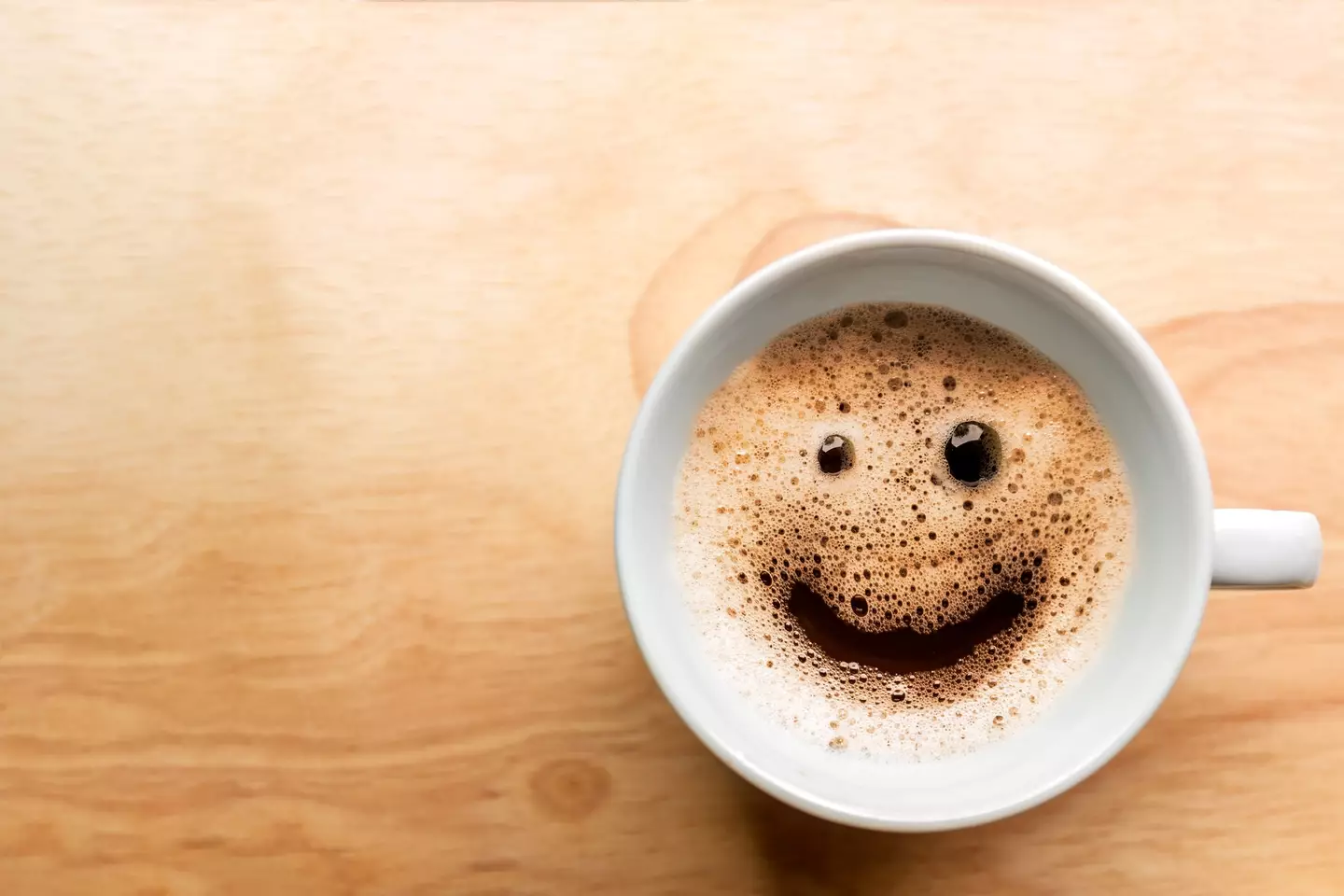
It seems that every five minutes we’re told how another of our habits is bound to make us sick, so it’s a rare treat indeed when it turns out that one of them might be healthier than we thought.
In fact, Healthline says there are as many as nine science-backed health benefits offered by regular coffee drinking.
Of course, it’s not without its pitfalls. Drinking it too late in the day will make it difficult to fall asleep, and overconsumption can make you anxious and give you temporary tremors. It’s also quite acidic, so drinking a lot of coffee can upset your stomach as well.

Advert
In terms of when to drink coffee, a good rule of thumb is to stop drinking caffeine of any kind 12 hours before bed time. Coffee has a half-life of between four and six hours, meaning it’s completely flushed from your system at the 10-to-12-hour mark.
According to Tulane University, Louisiana, you can get even more granular with optimising your caffeine intake.
A study covering 40,000 people found that people who drink coffee in the morning but stop around midday have a lower risk of dying from cardiovascular complications, and their mortality risk is lower overall when compared with people who drink coffee all day.
Dr Lu Qi, lead author of the study at Tulane University, said: "Research so far suggests that drinking coffee doesn’t raise the risk of cardiovascular disease, and it seems to lower the risk of some chronic diseases, such as type 2 diabetes.
"Given the effects that caffeine has on our bodies, we wanted to see if the time of day when you drink coffee has any impact on heart health.”
The university’s study followed participants’ diet and health over a long period of time, with each of the 40,000 asked to keep detailed diaries of what they ate and when.
36% of participants were morning coffee drinkers compared with 16% who drank it throughout the day. 48% said coffee wasn’t their preferred drink, which is perhaps higher than you’d expect.
From these three groups, it was the morning coffee drinkers who had better cardiovascular health compared with the others.
The research found that morning coffee drinkers were 31% less likely to die from a cardiovascular disease, and 16% less likely to die from any cause.
Those who drank coffee all day, however, didn’t have a noticeably lower risk in either area when compared with non-coffee drinkers.
"This is the first study testing coffee drinking timing patterns and health outcomes,” said Dr Qi. “Our findings indicate that it’s not just whether you drink coffee or how much you drink, but the time of day when you drink coffee that’s important.
"We don’t typically give advice about timing in our dietary guidance, but perhaps we should be thinking about this in the future.

“This study doesn’t tell us why drinking coffee in the morning reduces the risk of death from cardiovascular disease. A possible explanation is that consuming coffee in the afternoon or evening may disrupt circadian rhythms and levels of hormones such as melatonin.
"This, in turn, leads to changes in cardiovascular risk factors such as inflammation and blood pressure.
“Further studies are needed to validate our findings in other populations, and we need clinical trials to test the potential impact of changing the time of day when people drink coffee.”
